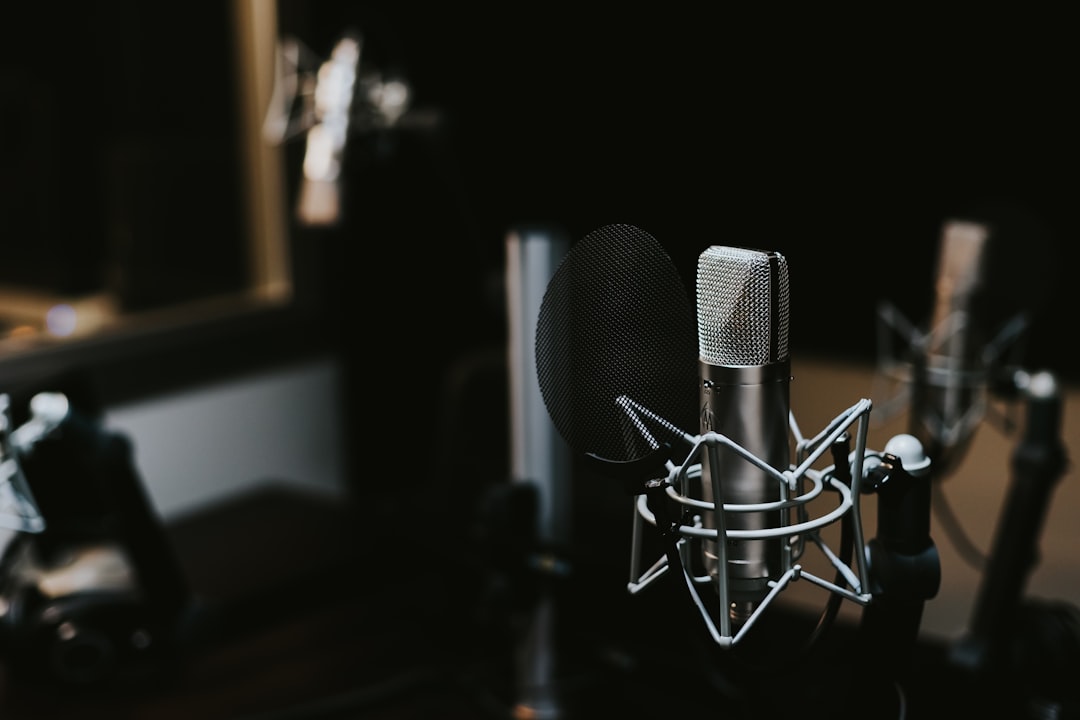In March 2025, a captivating trend emerged as AI technology began crafting imagery inspired by the renowned Studio Ghibli, igniting significant copyright conversations. This development, powered by ChatGPT’s latest image generation capabilities, has not only revived the anime-style art reminiscent of Studio Ghibli’s iconic aesthetic but also underscored the pressing need for clear regulations in AI-generated content. Learn more about this viral moment from OpenAI’s report on Studio Ghibli and AI copyright concerns.
AI and Copyright: A Growing Concern
The rise of AI-generated Studio Ghibli-inspired imagery has brought to light the complex issues surrounding copyright in the digital age. As AI technologies advance, producing content that closely mirrors the work of human creators, the lines between inspiration and infringement become blurred. This situation calls for a reevaluation of copyright laws to protect the original creators while supporting innovation. For more insights, see the Latest AI Technology report.
The Ethical Implications of AI Art
Beyond legal concerns, the ethical implications of AI-generated art are vast. Questions about the authenticity and originality of AI-produced works are arising, challenging our perceptions of creativity and ownership. This conversation extends to the broader realm of AI developments, emphasizing the need for ethical considerations in the creation and use of AI technologies. Further details can be found in TechCrunch’s discussion on AI and misinformation.
Balancing Innovation and Intellectual Property Rights
As we move forward, the balance between fostering innovation and protecting intellectual property rights remains a critical challenge. Stakeholders must collaborate to develop regulatory frameworks that address these issues effectively, ensuring that creators’ rights are safeguarded in the rapidly evolving digital landscape. Nvidia’s recent challenges offer a glimpse into the complexities of innovation in the tech industry.
The Path Forward
The viral Studio Ghibli-inspired AI imagery phenomenon underscores the urgent need for updated copyright frameworks that accommodate the advancements in AI technology. In navigating this new frontier, tools like Soul Tasks can play a pivotal role in ensuring that individuals and businesses remain informed and compliant with evolving laws. Looking ahead, the collaborative efforts of all industry players will be crucial in fostering an environment where innovation thrives alongside the protection of intellectual property rights, paving the way for a future that harmoniously blends AI capabilities with human creativity.

